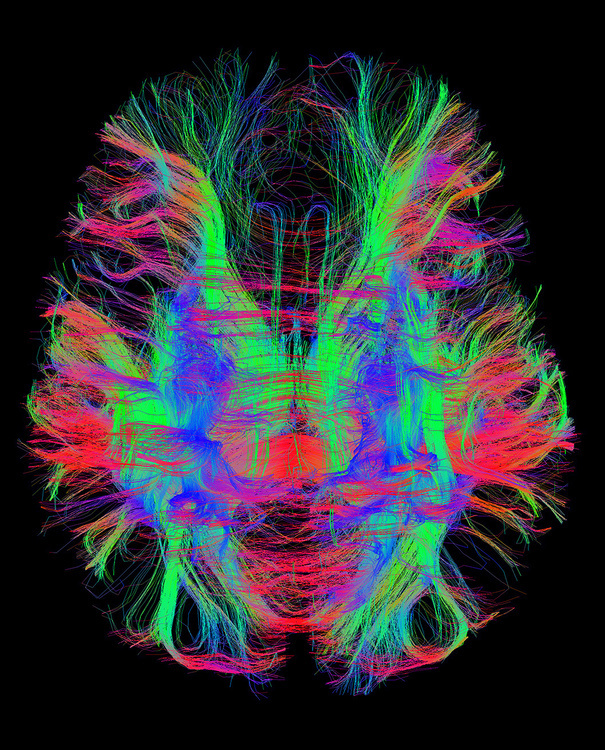
Spatial Genomics Seminar
Description
Seminar discussing recent successes to visualize RNA targets at the Single molecule level with single-cell resolution and morphological context. Learn how the technology can help you visualize RNA including splice variants, homologous isoforms, viruses, miRNAs, ASOs, gene therapy vectors, and more.
Registration & Lunchtime: 12-12:15pm -- boxed lunch provided for all registrants
Registration required: https://engage.bio-techne.com/b1e78d
William Damsky MD, PhD – Yale School of Medicine
Title: RNA based biomarker expression for personalization of therapy in inflammatory skin diseases
Atopic dermatitis (AD) and psoriasis are two common skin diseases that are increasingly treated with molecularly targeted therapies. AD lesions generally show a Th2 predominant cytokine profile while psoriasis typically shows a Th17 predominant profile, but there is significant patient-to-patient variability in the relative abundance of individual cytokines from these immune programs. Given the rapidly increasing number of molecularly targeted therapies against specific cytokine(s) to treat AD and psoriasis, there is a large unmet need for predictive biomarkers to inform therapy selection, which remains based on trial-and-error in clinical practice. In this session, Dr. Damsky will discuss the use of RNA in situ hybridization to detect cytokine targets of treatment in diagnostic skin biopsy specimens from patients with AD and psoriasis, the potential of the approach to render a “molecular diagnosis”, and the promise of this and related techniques to drive progress in personalized treatment of inflammatory disease.
Dheeraj Roy, Ph.D. Guoping Feng lab, Broad Institute of MIT, and Harvard
Title: Anterior thalamic dysfunction underlies cognitive deficits in psychiatric disease models
Neuropsychiatric disorders are often accompanied by cognitive impairments or intellectual disability (ID). However, it is not clear whether there are converging mechanisms underlying these debilitating impairments. Through his group’s research, Dheeraj Roy, Ph.D, has found that many autism and schizophrenia risk genes are expressed in the anterodorsal (AD) subdivision of anterior thalamic nuclei, which has reciprocal connectivity with learning and memory structures.
CRISPR-Cas9 knockdown of multiple risk genes selectively in the AD thalamus leads to memory deficits. But, while AD is necessary for contextual memory encoding, the neighboring anteroventral (AV) subdivision is what regulates memory specificity. These distinct functions of the AD and AV are mediated through their projections to the retrosplenial cortex, using differential mechanisms. Furthermore, knockdown of autism and schizophrenia risk genes - PTCHD1, YWHAG, or HERC1 -from the AD led to neuronal hyperexcitability, and normalization of hyperexcitability rescued memory deficits in these models.
Questions? Text 617 956 2892.

